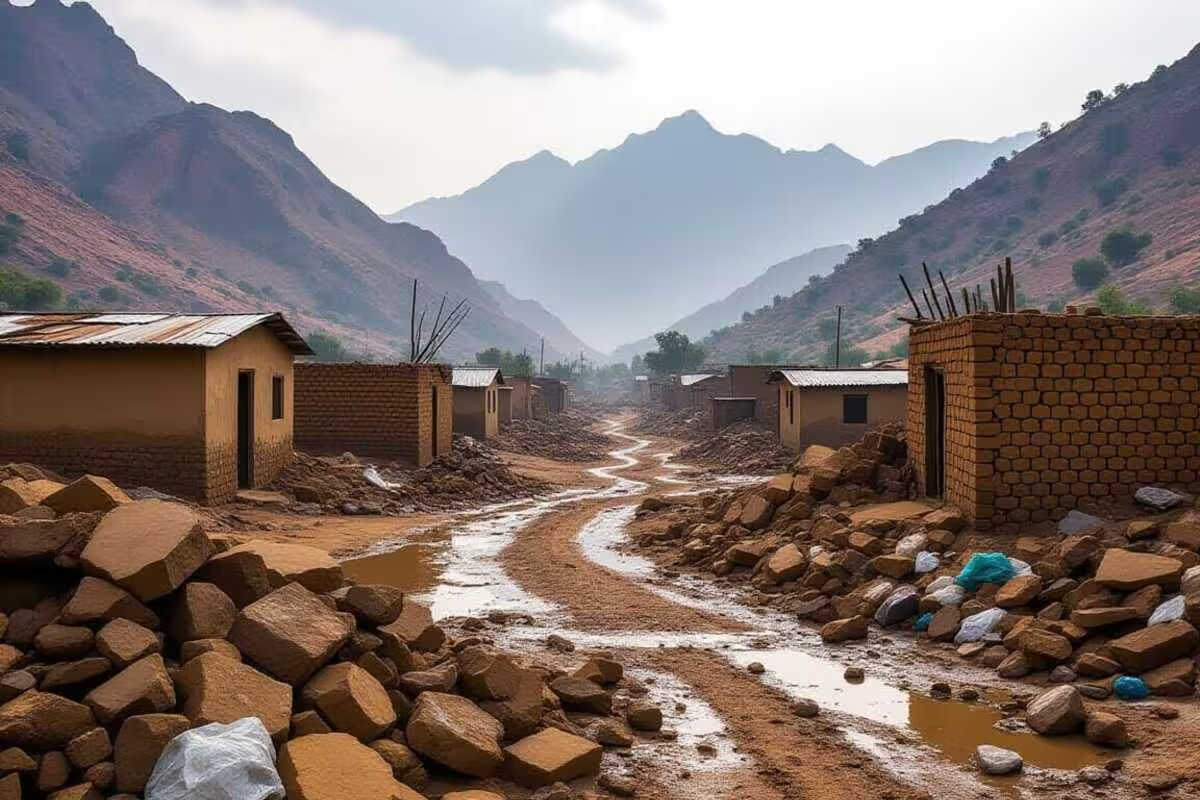ASSAM RESEARCHERS FIND FUNGUS FORMULA FOR BIODIESEL MADE FROM MUSHROOM WASTE
GUWAHATI, Assam – August 15, 2025:Big news in renewable energy! Researchers in Assam came up with a cool fungal formula to make biodiesel super efficiently. The IIT Guwahati team made a catalyst using spent mushroom substrate (that’s the leftover waste after picking mushrooms) to turn both cooking and non-cooking oils into clean, earth-friendly fuel. This is a huge move toward using farm waste to get cheap and lasting energy—something India’s been after for a while.
From Trash to Gas: How They Did It
The scientist team found that the mushroom waste—stuff that usually gets burned or tossed—can actually be used as a great catalyst. They took the spent mushroom substrate and used it to speed up a process called transesterification. Basically, that’s turning oils and fats into biodiesel. The catalyst helped make clean fuel from a mix of four oils: jatropha, neem, soybean, and rice bran.
The study did mention that we’re growing way more mushrooms globally, meaning way more of this waste. By finding a way to reuse the waste, it not only makes great fuel but also helps out with getting rid of farm waste, too.
India UK FTA Auto Sector Hails Landmark Deal
Why It’s Good for the Wallet and the Earth
This biodiesel method is better than the old ones in a few ways. Using farm waste as a catalyst makes it cheaper and easier on the planet. Old-school biodiesel often uses chemical catalysts, which can cause problems like needing crazy high temps, making soap, and messing up the glycerol byproduct. The fungus catalyst is easier to use since it needs lower temperatures and cleans up the whole process.
Plus, the researchers made sure to mix cooking and non-cooking oils. By grabbing waste oils (like used cooking oil), they’re not fighting the food industry for resources. So, the Assam method is better for the earth and for people.
Getting It to the Market
The scientists showed the fungus catalyst works great in the lab. Now, they need to make the process bigger so it can work for real-world production. Experts think that using local, easy-to-get stuff like mushroom waste will help this method succeed commercially.
This fits right in with India’s plan to go green. The country wants to cut its reliance on fossil fuels and use cleaner energy more often. A cheap way to make biodiesel from waste could really shake up the country’s energy situation and help fight climate change. The team is searching for partners to help them build a test plant.
Biodiesel: A Good Choice
Biodiesel burns cleaner than normal diesel and can be made from different renewable things. It doesn’t have as big of a carbon footprint and breaks down naturally. But, it hasn’t been super popular because it costs a lot to get the ingredients. The Assam discovery shows a way to fix this by using cheap and abundant waste from farms.
This is one piece of a bigger trend where tiny living things like fungi, bacteria, and algae are used to make clean energy. This specific formula from Assam is extra cool because it uses local waste, showing how we can make a circular economy work in the renewable energy world.
















